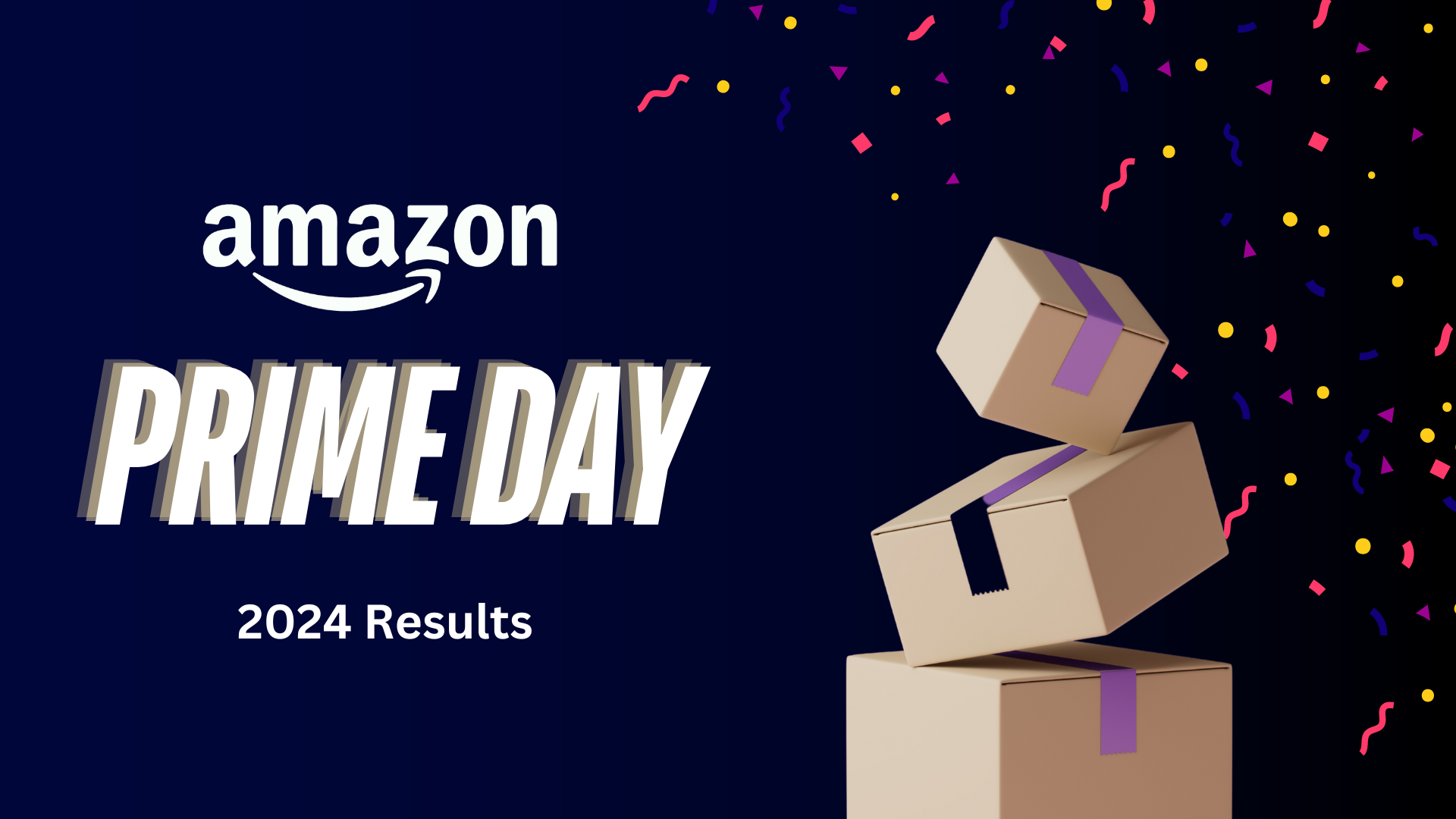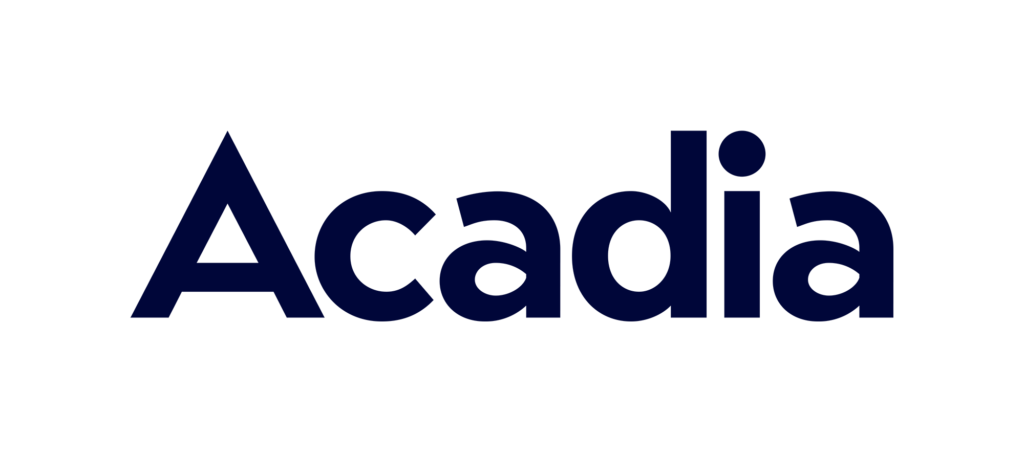PPC Campaigns that provide Real Value
How can you measure the success of a PPC campaign?
PPC metrics that are aligned to your performance goals are a key performance indicator (KPI) – defining these is essential when it comes to understanding the value of your marketing investment and your pay per click (PPC) campaign.
To define appropriate PPC metrics you must understand how the audience and the long term goals align to your paid campaign strategy.
Know your audience and align your PPC metrics to the purchasing stage they are in.
An aspect of understanding what KPI’s are appropriate involves understanding what stage of the buying funnel your potential audience is in. PPC Strategy for acquisition vs branding have different valuation KPI’s
Acquisition
Generally, PPC campaign strategy is best suited for the acquisition stage of the buying funnel, catering to purchases or direct lead generation, but that isn’t always the case.
Awareness & Informational
In a full funnel strategy, your paid efforts may also be contributing to both the awareness and informational stages of the purchase cycle.
Some of the best PPC marketing strategies incorporate components of all stages of the funnel, but to understand that value to the full funnel paid search PPC metrics (KPI’s) must be aligned to showcase performance or value.
For Example:
Your agency may be running display ads as a part of your paid campaign strategy to increase brand awareness. These efforts can increase awareness of your product or service, and increase the flow of new users to your site. In this case, appropriate KPI’s that align with the goal would include:
- Number of clicks
- How many people came to your site
- Click-through-rate (This shows engagement with your ad and if copy is compelling.)
- Time on site* (another measure of interest.)
- Number of new vs. returning users*
*These metrics are usually measured outside of Google Ads, but are needed to understand the full picture of your users. Connecting Analytics and Google Ads can help streamline this.
All of these metrics work together to paint a picture of increased (or decreased) interest.
If you are simply looking at the number of times ads are shown (impressions), you may be missing the fact that ads are shown to the wrong audience, or that the audience is not interested in your offer.
Don’t be fooled by low-value PPC KPI’s, but don’t ignore them either.
In most cases, brand awareness is only one component of a larger strategy to create growth with increased leads and sales. As the emphasis of the strategy shifts to focus on the acquisition piece of the funnel, your PPC KPI’s should shift as well to match those goals.
At this point, your strategy should include an emphasis on:
- Number of leads
- Cost per lead
- Sales
- Return on ad spend (ROAS)
In sales or lead generation campaigns, your marketing agency should be focused more on the value of the return on your advertising dollars and if that return is profitable.
This doesn’t mean your PPC strategist will abandon all user engagement and interest metrics, but that shouldn’t be the only thing they are reporting.
Your PPC ad management team should help you align metrics of engagement and return based off of your big picture strategic goals.
A good PPC marketing agency will still rely on these interest metrics as secondary elements that support the journey to a lead or sale, and consult you on the overall effects of quality scores, cost and how the improvement of these elements ultimately improves leads or sales.
Knowing how to track your PPC campaigns comes down to leveraging the secondary PPC metrics with the intent of affecting primary KPI’s that ultimately provide reduced costs and increased Revenue (or leads) within your PPC campaigns.
Talk to an Expert
If you would like more information about measuring PPC success or if you would like to speak to one of our experts about how Techwood can help optimize your PPC campaigns to reach your business goals, contact us today!

